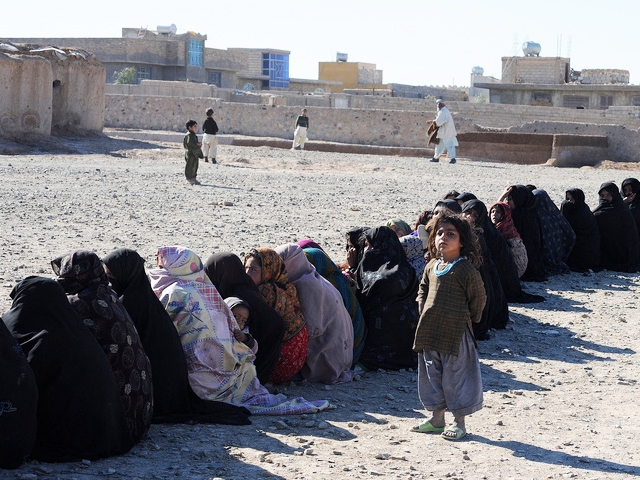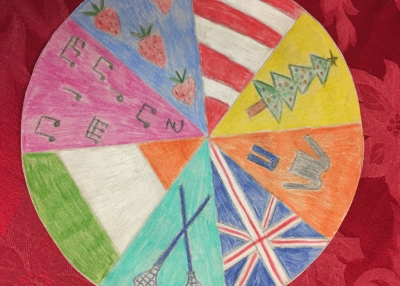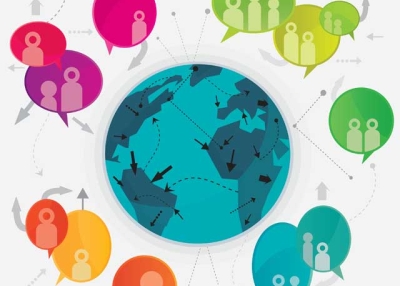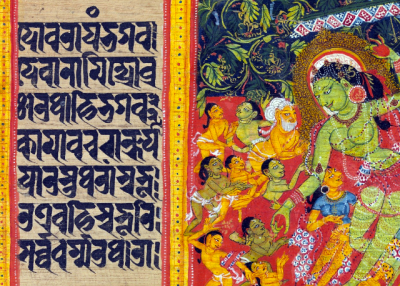Teach Afghanistan by Using Primary Sources

Afghanistan is a very familiar name to American students. Many have relatives and friends who have served in military and civilian capacities there. But most American students have very little understanding about Afghanistan.
Asia Society's website, Homeland Afghanistan, explores the geopolitical and cultural heritage of the region through 75 video episodes, featuring leading experts as well as hundreds of archaelogical finds, paintings, literary works, music, photographs, and documentary films.
Primary Source, an institution dedicated to global education, has put together video training that provides an overview of the site's content and navigation, and ideas for how K-12 teachers might use the resource and the primary sources included within with their students. The videos below offer practical teaching and learning activities for different types of primary resources, as well as for different historical periods.
Introduction and Website Overview (9 min., 42 sec.)
Sample Teaching Activity: Painting of the Khyber Pass (8 min., 11 sec.)
Use this painting to help students understand Afghanistan's strategic location.
Sample Teaching Activity: Coin (9 min., 17 sec.)
This coin, minted in what is today Afghanistan, offers many historical clues. Build your students' visual literacy skills by guiding them through a critical examination of what this object is, and how it was used.
Sample Teaching Activity: Political Cartoon (9 min., 47 sec.)
This political cartoon, created in Britain in the late 19th century, allows students to explore perspectives from the time of the Great Game.
Sample Teaching Activity: Photograph of Refugee Camp (12 min., 56 sec.)
Special thanks goes to Primary Source staff who researched, crafted, taught, and produced this webinar.
Primary Source is a non-profit organization based in Massachusetts. They provide professional development services on a wide range of global topics for educators and for school and district administrators.
Visit PrimarySource.org to access their excellent—and free—teaching and learning materials, and explore upcoming events.







